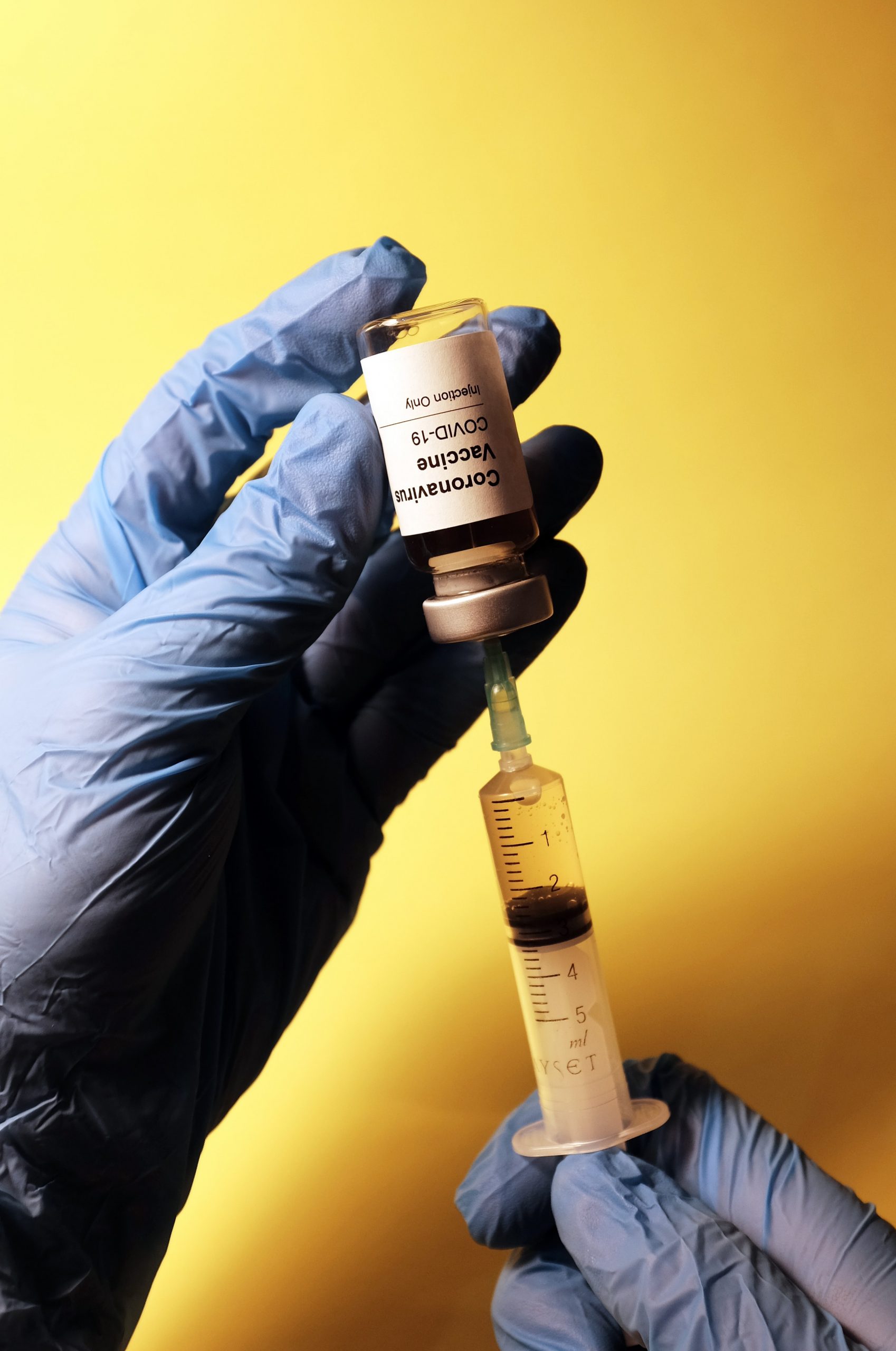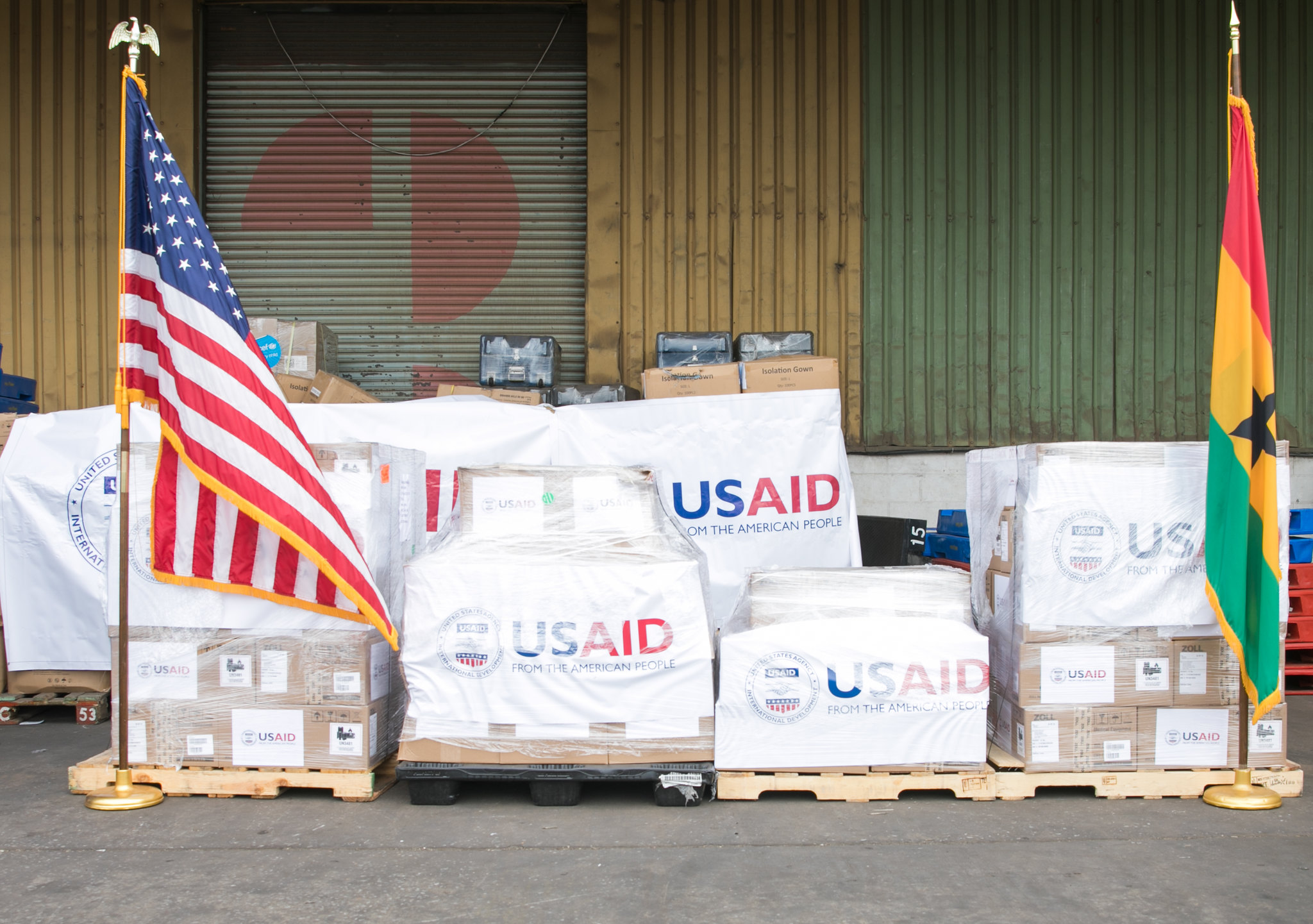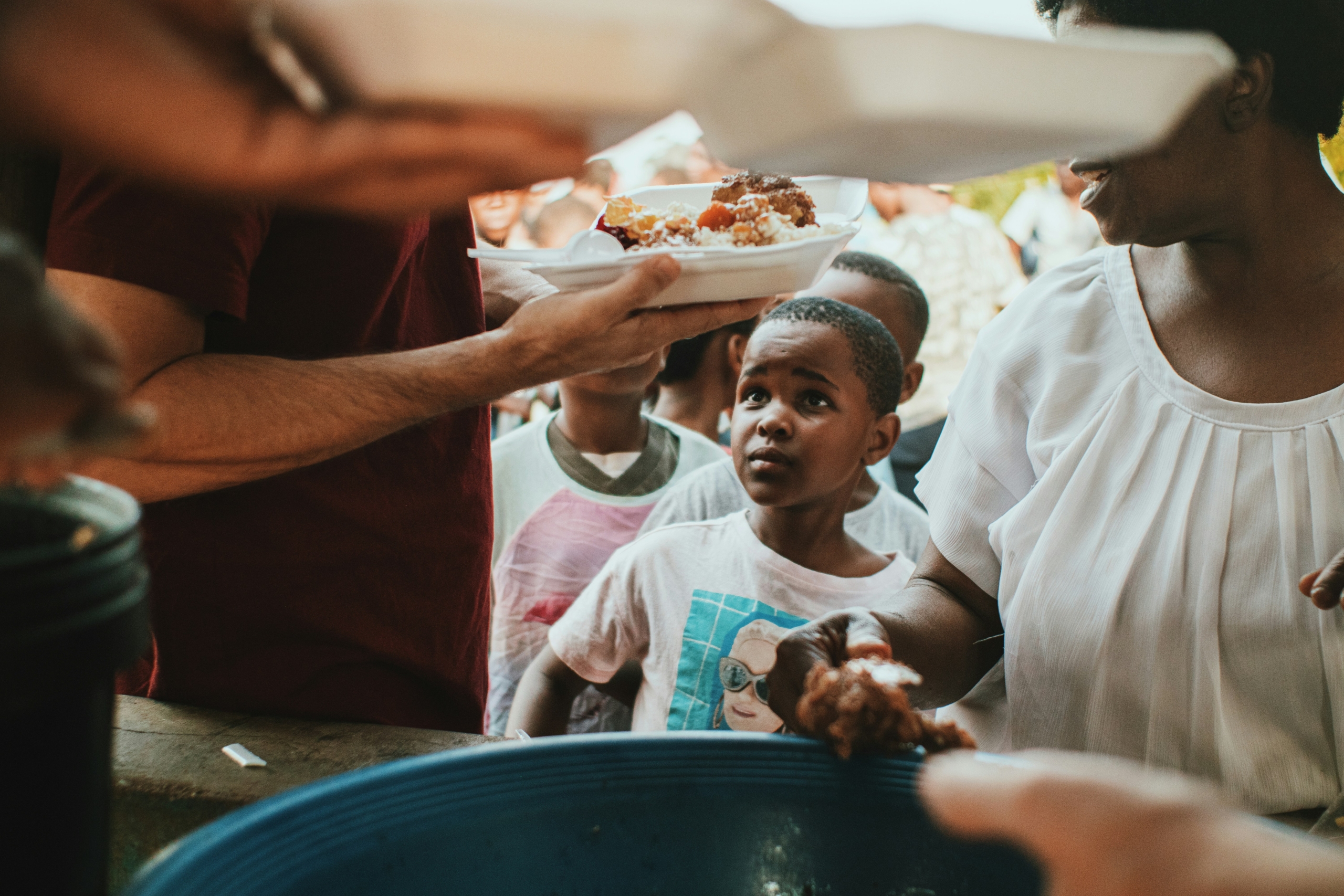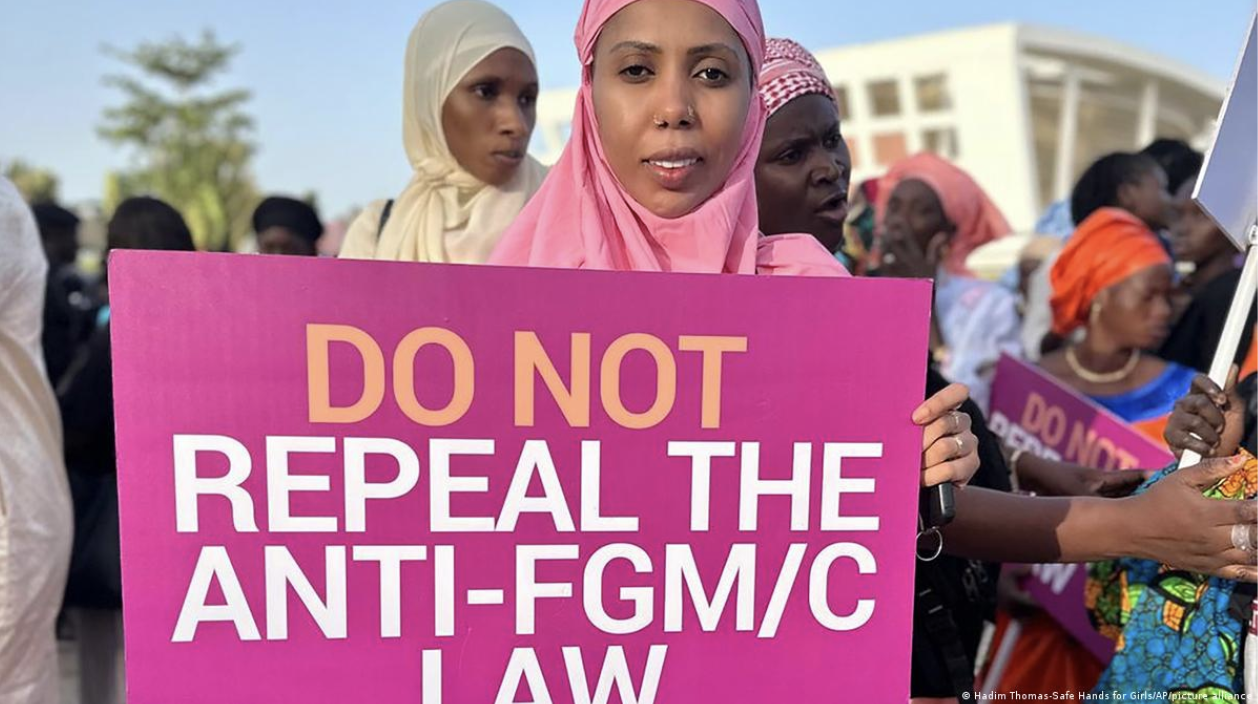We are excited to announce that Brink is now part of Africa Practice. Learn more
What to make of Malawi’s vaccine situation

Running out of vaccines as cases spike
On 18 June, the Malawian authorities said that they had run out of COVID-19 vaccines in all delivery points. Malawi was expecting a shipment of 900,000 doses of AstraZeneca, through the COVAX facility at the end of May, but these doses are yet to arrive.
The delivery from India is now expected to arrive at the end of July, but could be as late as August depending on India’s ability to manage its export demand, as well as its prioritisation of Malawi’s consignment. Relief for Malawi presents itself in the approval of an additional USD30 million in financing by the World Bank. The additional financing will go towards supporting procurement schemes and deploying a programme of eligible COVID-19 vaccines.
The broader COVID-19 situation in Africa is exacerbating, with new infections and deaths reportedly jumping by approximately 40% in mid-June, on a week-to-week basis.
To rely or not to rely on donors
Malawi’s situation is not unique and raises many questions regarding the feasibility of timely inoculation across the continent. It has also prompted debate around African governments’ reliance on external support for the procurement of vaccines, and on facilities such as COVAX. On 25 June, WHO head Tedros Ghebreyesus condemned the perceived failure of the international community to meaningfully assist the developing world saying that:
“The problem now is a supply problem, just give us the vaccines. The difference is between the haves and the have nots which is now completely exposing the unfairness of our world – the injustice, the inequality, let’s face it. […] The level of paternalism, the level of colonial mindset that say ‘we can’t give you something because we’re afraid you won’t use it’. I mean seriously, in the middle of a pandemic?”
Meanwhile, Malawian President Lazarus Chakwera framed the current vaccine situation as stemming from the country’s reliance on donors for the provision of vaccines. He suggested that the health ministry would be looking into the possibility of Malawi directly procuring its own vaccines – challenging the country’s health officials to “ think outside the box” and “create new solutions”. Some within Malawi’s press circles view this as a political platitude given the strong reliance the country has on donors, and the improbability of the government funding its own procurement in the near future – especially as the national budget has already been passed, with implementation set for 1 July.
Can local vaccine manufacturing work?
Meanwhile, South Africa announced the launch of a regional vaccine manufacturing hub in collaboration with the EU and WHO. The hub will be based in Cape Town and will benefit from technology transfers to be able to develop mRNA vaccines in South Africa – the first such facility on the continent. The hub aims to reduce issues of access by capacitating the pharmaceutical industry across Africa to produce its own vaccines. The project will be jointly coordinated by Afrigem and the Biovac Institute, in collaboration with domestic academics and researchers, with an optimistic target of having a vaccine in clinical trials within 12 months. WHO discussions for similar undertakings in Senegal and Tunisia are “quite advanced”, according to the WHO.
The AU has also moved forward with plans to establish local vaccine manufacturing on the continent, with the aim of 60% of vaccines used on the continent to be produced in Africa by 2040. The efforts – which follow an April 2021 summit and are led by Democratic Republic of Congo President Felix Tshisekedi – aim to leverage the current momentum precipitated by the COVID-19 pandemic and the opportunities for inter-continental trade brought by the African Continental Free Trade Agreement (AfCFTA).
While the initiative to establish independent COVID-19 manufacturing hubs on the continent could be a watershed moment in the global vaccine industry, it remains premised on the goodwill of pharmaceutical companies to share technology.
About the authors
Kimera Chetty is a consultant in Africa Practice’s Public Policy and Regulatory Affairs team. She can be contacted on [email protected]
Rafael Friedman is an associate consultant in Africa Practice’s Public Policy and Regulatory Affairs team based in Johannesburg, South Africa. He can be contacted at [email protected]
Proud to be BCorp. We are part of the global movement for an inclusive, equitable, and regenerative economic system. Learn more


